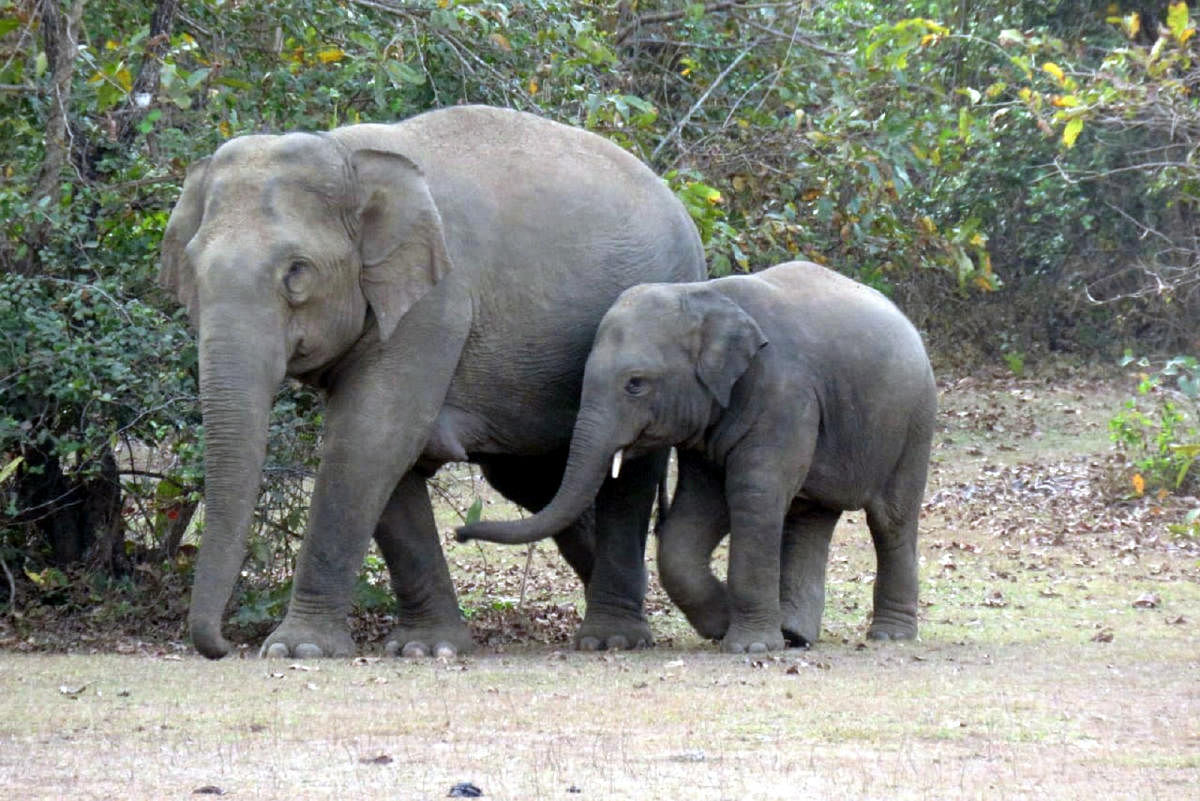
Installing honey bee fences to ward off wild elephants, which was successfully tested as a pilot project in Kodagu in Karnataka, will be implemented in different parts of the country, the government has said.
Union Medium Small and Micro Enterprises Minister Nitin Gadkari said here that Project RE-HAB (Reducing Elephant Human Attacks using Bees) has yielded encouraging results and it will soon be implemented in different states.
Khadi and Village Industries Commission (KVIC), last month launched Project RE-HAB in which boxes with bees were placed at various locations near Chelur village in Kodagu. The KVIC officials had hoped that the buzzing of the bees would confuse and frighten the elephants as they fear that the honey bees might sting them in their eyes and the inner side of the trunk. Also, the buzz of the bees irritates them the most.
Gadkari said the project has yielded encouraging results.
He said the project “has huge potential and it will soon be replicated in all states, affected by elephant attacks like West Bengal, Jharkhand, Odisha, Chhattisgarh, Assam, Tamil Nadu and Kerala”.
In Kodagu, the location, where bees boxes kept, was on the periphery of the Nagarahole National Park, which is frequented by wild elephants.
Under this, bee boxes are used as a fence to prevent elephants from entering human habitation, thus reducing loss of lives and property, KVIC Chairman Vinai Kumar Saxena said.
“It is a unique, cost-effective way of preventing elephant-human conflicts without causing any harm to both, the animals and the humans,” Saxena said.
Bee fences have reduced the movement of elephants at these points to a great extent. Night vision cameras installed at these locations have captured amazing footage of elephants’ behaviour on seeing bee boxes. A number of elephants are seen returning to the jungles fearing honey bees. Also, no destruction of crops or property by elephants has been reported in these areas since the bee boxes have been placed on the passageways of elephants, the statement from KVIC said.
Through this project, the locals, residing in these areas, will be trained for beekeeping and provided bee boxes which will be used to ward off the wild elephants, he said.